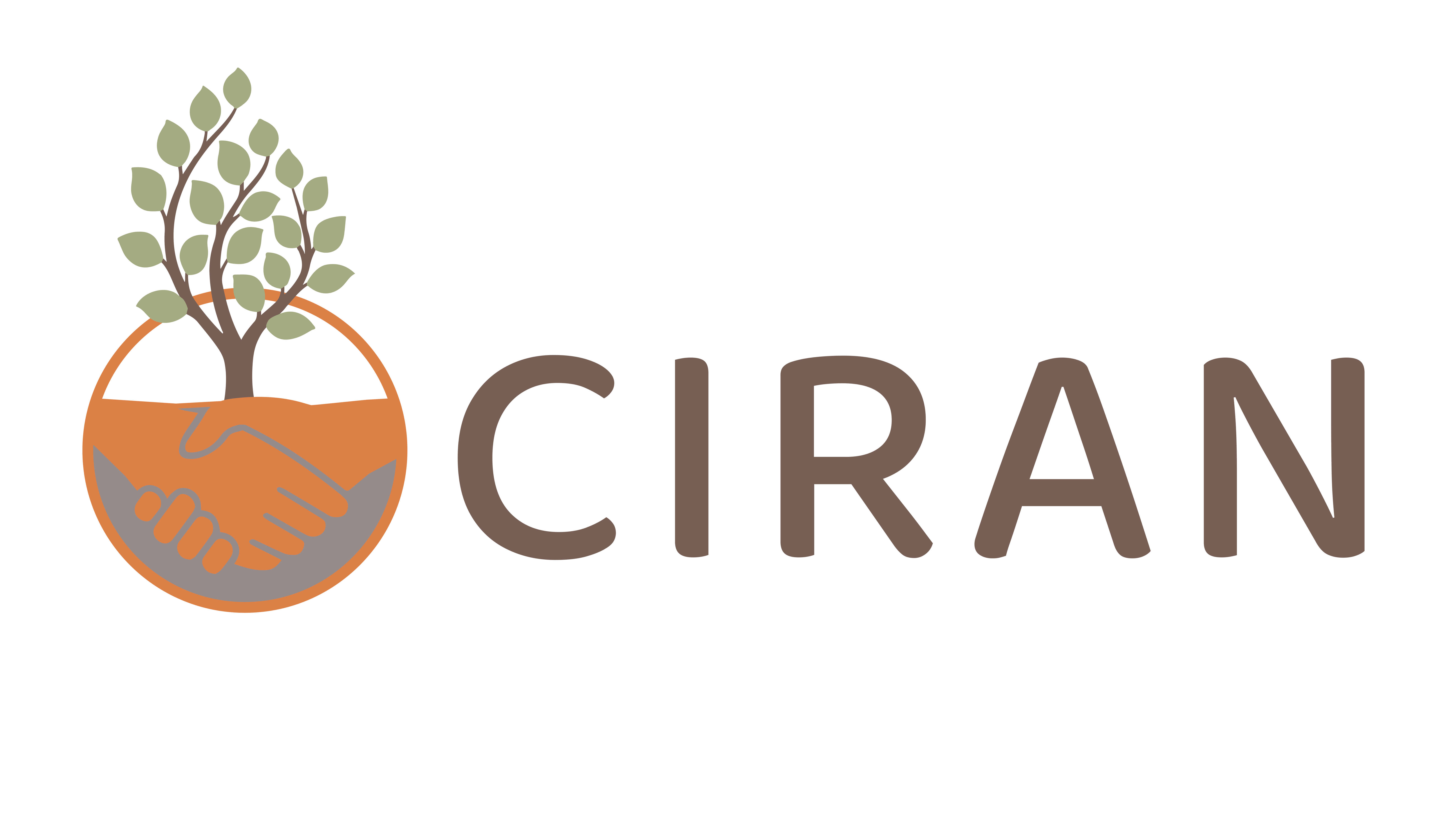CIRAN project kick off in Brussels
CIRAN, a EU-funded project, held its kick-off meeting in Brusels, Belguim on the 10th and 11th of January
CIRAN – CrItical RAw materials extraction in enviroNmentally protected areas – is an EU-funded Horizon Europe project that aims at reconciling two societal objectives and needs: protecting environmentally sensitive areas and increasing socio-economic resilience. As a result, it will create recommendations to reconcile the increasing demand of critical raw materials with the need to protect natural areas in Europe with the help of communities and experts.
CIRAN is a two year project, running from 1st January 2023 to 31st December 2025, that will involve 13 partners from 11 European countries. The Consortium, with International Raw Materials Observatory (INTRAW) as coordinator, is formed by:
- MacCabeDurneyBarnes (MDB)
- Geologian tutkimuskeskus (GTK)
- Telos Aleff Ltd. (TAL), Aleff Group
- Sveriges Geologiska Undersökning (SGU)
- Association of Local Democracy Agencies (ALDA)
- Regione Emilia-Romagna (RER)
- La Palma Research Centre (LPRC)
- Geologia e Geotecnia Consultores (GGC)
- Generator (GEN)
- Proman Consulting (PRM)
- Petronavitas (PN)
- Istituto Superiore per la Protezione e la Ricerca Ambientale (ISPRA)
As a first point of contact, the agenda of the meeting focused on generating trust and a collaborative environment among the partners, with different activities planned to build rapport among the partners. Furthermore, Work Package leaders outlined the content and objectives of each task, as well as the expected deliverables and milestones.
CITIZEN PARTICIPATION IN CIRAN
In the course of the project, CIRAN will involve citizens from five European communities in protected areas in the co-creation process. In this scenario, citizens will have the opportunity to participate in the dialogue, sharing their views and expectations.
The objective of is to give voice to local people and to understand the narratives of diverse stakeholders in the public debate. The opinions of citizens will be collected, and they will serve as a base for designing general guidelines and recommendations for future public engagement and dialogue about mining in environmentally protected areas.

